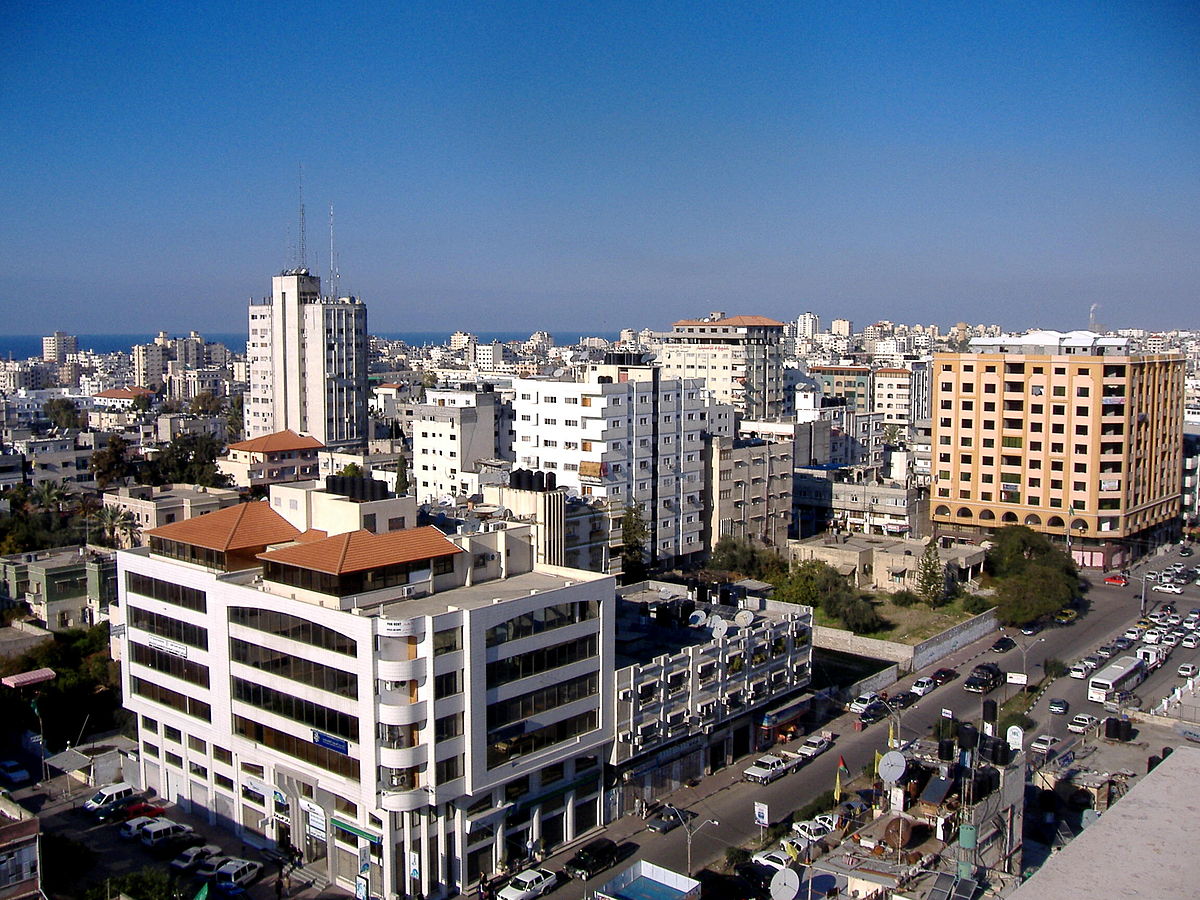
IMF Upgrades Nigeria’s Growth Forecast to 3.9% for 2025, 4.2% in 2026
The International Monetary Fund (IMF) has revised upward its economic growth forecast for Nigeria, predicting a 3.9% expansion in 2025 and 4.2% in 2026 — a clear sign of renewed investor confidence and positive response to the country’s ongoing fiscal and structural reforms.
The latest update was announced on Tuesday during the launch of the World Economic Outlook (WEO) 2025 at the IMF and World Bank Annual Meetings in Washington, D.C.
This projection represents a 0.5 percentage point increase from the IMF’s previous estimate of 3.4% in July 2025, marking one of the most optimistic revisions for Nigeria among major African economies.
Nigeria Outpaces South Africa in Regional Growth Outlook
According to the new WEO report, Nigeria’s economic trajectory now outperforms South Africa’s, though it remains slightly below the Sub-Saharan Africa regional average.
The IMF now projects South Africa’s GDP to grow by 1.1% in 2025 (up from 1.0%) but slightly lower at 1.2% in 2026. In contrast, Sub-Saharan Africa’s average growth forecast improved modestly to 4.1% for 2025 and 4.4% for 2026.
Reforms, Oil Output, and Investor Confidence Drive Outlook
The IMF attributed Nigeria’s upgraded growth outlook to several key factors — notably increased oil production, a stable fiscal stance, and rising investor confidence amid policy reforms implemented under President Bola Tinubu’s administration.
“Growth in Nigeria has been revised upward due to supportive domestic factors, including higher oil production, improved investor confidence, and a favorable fiscal stance expected in 2026,” the IMF said in its statement.
The Fund added that Nigeria’s limited exposure to U.S. tariffs has also shielded its economy from some of the global trade shocks affecting other emerging markets.
Global Growth Outlook Remains Moderate
Globally, the IMF projects world economic growth to moderate to 3.2% in 2025 and 3.1% in 2026. While this marks a slight improvement over the July 2025 WEO update, it remains 0.2 percentage points lower than forecasts made before recent global policy adjustments.
Advanced economies are expected to expand by around 1.5% during 2025–2026, with the United States slowing to 2.0%. Meanwhile, emerging markets and developing economies are projected to grow just above 4.0% over the same period.
Inflation, Trade, and Monetary Policy Outlook
The IMF anticipates global inflation to ease to 4.2% in 2025 and 3.7% in 2026, while world trade volume is expected to grow at an average rate of 2.9% over the next two years — below the 3.5% recorded in 2024, reflecting continued trade fragmentation.
In Nigeria’s case, the IMF reaffirmed support for the Central Bank of Nigeria’s (CBN) tight monetary policy stance, describing it as vital for taming inflation and preserving macroeconomic stability.
About Author
Discover more from BillionBill
Subscribe to get the latest posts sent to your email.


